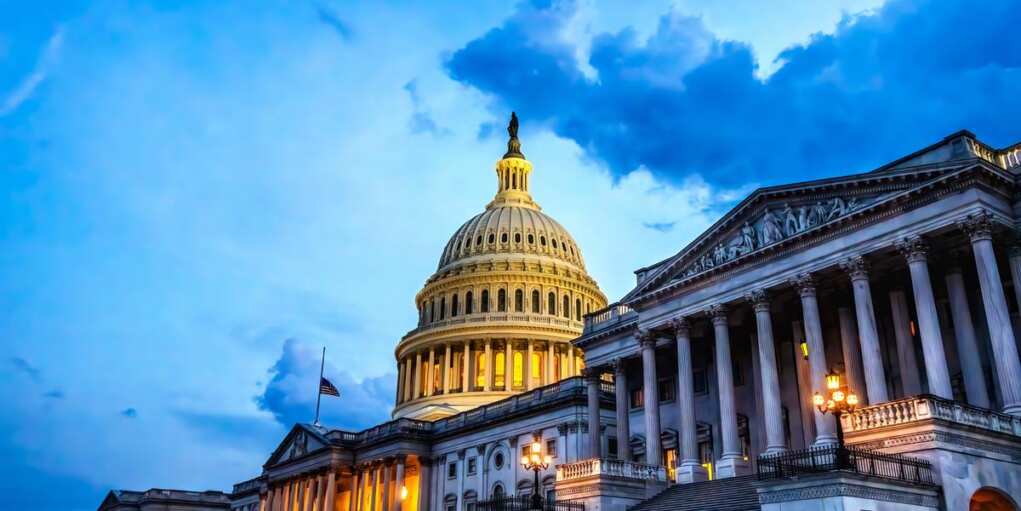Senate GOP Modifies Trump’s Budget Cuts—Here’s What They’re Keeping

Senate Republicans are nearing a critical win in their push to pass President Donald Trump’s $9.4 billion rescissions package — with one key concession. In order to secure enough votes before the July 18 deadline, GOP leaders have agreed to remove a controversial $400 million cut to PEPFAR, the HIV/AIDS relief initiative championed by former President George W. Bush.
That move was necessary to bring moderate Republicans like Sen. Susan Collins (R-ME) on board. Collins, who opposed the PEPFAR cut, told reporters she was “very pleased” with its removal but still viewed other parts of the proposal as “problematic.”
Still, the bulk of the Trump-backed rescissions effort remains intact — including an aggressive $1.1 billion cut to the Corporation for Public Broadcasting, which funds NPR and PBS, and nearly $8 billion in foreign aid reductions. That’s the heart of what the White House wants, and according to Office of Management and Budget Director Russ Vought, it’s a deal they’re more than happy to take.
“There is a substitute amendment that does not include the PEPFAR rescission, and we’re fine with that,” Vought said Tuesday. “It’s substantially the same package.”
Senate Majority Leader John Thune (R-SD), who has been spearheading the whip effort, emphasized the importance of reaching the 51-vote threshold — a unique advantage of the rescissions process, which requires only a simple majority, not the 60 votes typical of Senate legislation.
Thune also took aim at Democrats for opposing what he called modest budget discipline. “This bill that is inspiring such hysteria in Democrats would cut just one-tenth of 1 percent — or one one-thousandth — of the federal budget,” Thune said. “My Democrat colleagues may not want to acknowledge it, but we have a serious spending problem in this country.”
Despite the removal of the HIV/AIDS funding cut, Democrats remain fiercely opposed to the package. Senate Majority Leader Chuck Schumer (D-NY) previously claimed the bill would eliminate “lifesaving services” and framed it as a political stunt ahead of Trump’s reelection push.
But GOP leaders are undeterred. Procedural votes could begin as early as Tuesday night, paving the way for final passage. If the Senate passes the amended version — minus the PEPFAR cut — the package will return to the House for final approval, where it’s expected to pass again.
The decision to spare PEPFAR marks a strategic retreat by Republicans hoping to preserve bipartisan goodwill on global health efforts while still securing a major budgetary win. Originally created in 2003 by President Bush, PEPFAR has long enjoyed cross-party support for its role in battling AIDS in Africa and other regions. Cutting it proved politically risky, especially with vulnerable Republicans in swing states.
But Trump and his allies remain committed to dismantling what they see as bloated, ideological spending in Washington. Public broadcasting and international aid — both long-standing targets of the America First movement — are now firmly in the GOP’s crosshairs.
And with Russ Vought at the helm of Trump’s budget apparatus, the strategy is clear: start small, but build momentum toward a broader rollback of left-wing spending priorities. The rescissions package, even trimmed, sends a message: the days of unchecked government largesse are over.
If the Senate follows through, this will be one of the first major legislative victories of Trump’s second term — and a sign that Republicans are serious about slashing spending, even if they have to make a few sacrifices to get it done.
